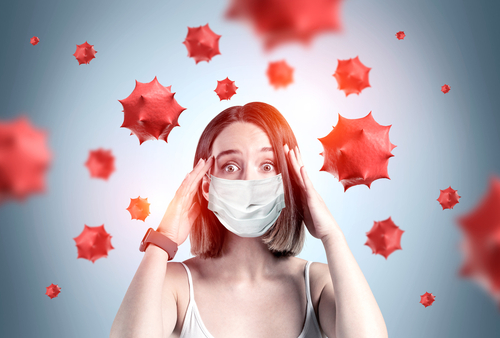
Marijuana/Cannabis Addiction, That Can’t Happen, Right?
By: Diane Ulloa
Cannabis use has been growing as a result of recently imposed laws. Cannabis use disorder or cannabis addiction has grown tremendously in the past few decades. Apart from the glamorization of Cannabis use in popular movies and TV shows, Cannabis has been shown to aid in medicinal practice in order to alleviate patients’ painful side effects from chemotherapy. Cannabis has also been found to alleviate symptoms in people with Tourette syndrome. Despite the common misconception that people cannot become addicted to Cannabis use, “approximately one in ten people who use marijuana will become addicted. When they start before the age of 18, the rate of addiction rises to one in six.” (samhsa.gov) “Marijuana use, especially frequently (daily or nearly daily) and in high doses, can cause disorientation and sometimes unpleasant thoughts or feelings of anxiety and paranoia.” Alongside these side effects, cannabis use can also lead to disassociation or temporary psychosis which is when the user does not know what is real and is experiencing hallucinations, paranoia. It can also have long-lasting detrimental mental disorders including schizophrenia (cdc.gov). Users know they are addicted if:
- They use more marijuana than intended
- Trying but failing to quit using marijuana
- Spending a lot of time using marijuana
- Craving marijuana
- Using marijuana even though it causes problems at home, school, or work
- Continued marijuana use despite social or relationship problems
- Giving up important activities with friends and family in favor of using marijuana
- Using marijuana in high-risk situations, such as while driving a car
- Continued use of marijuana despite physical and psychological problems
- Needing to use more marijuana to get the same high
- Experiencing withdrawal symptoms when stopping marijuana use
Navigating cannabis addiction can be difficult without help. Cognitive Behavioral Therapy [CBT] has been shown to tackle the psychological effects of addiction and is considered the most effective form of treating addiction. One approach is called motivational interviewing which helps to turn ambivalence towards quitting into energy to quit. By combining motivational enhancement therapy and CBT, a user can gain a sense of control and clarity that was kept from them because of their addiction.
If you or someone you know is struggling with their mental health and/or a cannabis addiction, please contact our psychotherapy offices in New York or New Jersey to talk to one of our licensed professional psychologists, psychiatrists, psychiatric nurse practitioners, or psychotherapists at Arista Counseling & Psychotherapy. Contact our Paramus, NJ or Manhattan, NY offices respectively, at (201) 368-3700 or (212) 722-1920 to set up an appointment. For more information, please visit http://www.counselingpsychotherapynjny.com/
Sources: https://www.samhsa.gov/marijuana
https://www.cdc.gov/marijuana/health-effects/mental-health.html https://www.yalemedicine.org/conditions/marijuana-use- disorder#:~:text=Behavioral%20therapies%20may%20help%20treat,tangible%20r ewards%20for%20positive%20behaviors.









